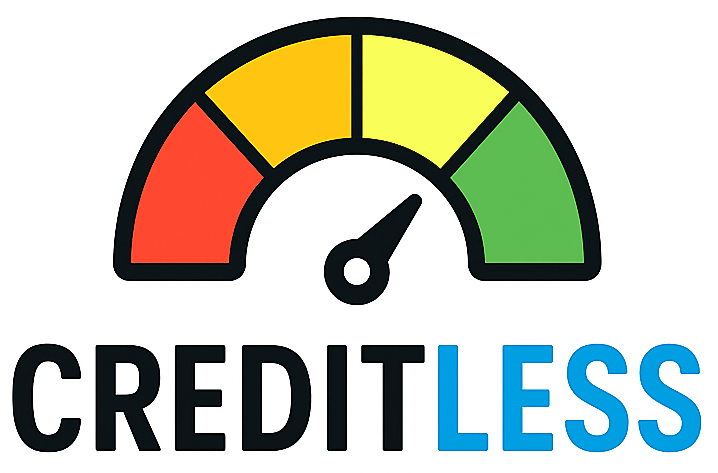Why this matters: stop late payments, protect credit and sleep better
When money is tight, missing a bill can cascade into late fees, collections and credit damage. The goal of this article is simple: give you low-cost, realistic strategies you can start using this month to avoid missed payments and slowly build credit. These are practical steps you can use whether you’re paid hourly, on gigs, or have an irregular schedule.
This guide focuses on four outcomes: reliable bill coverage, an emergency buffer you can actually build, credit-positive actions you can afford, and simple recovery steps if you do miss a payment.
Build a monthly system that prevents missed payments
1) Create a one-page "bills map"
Write down every recurring payment and its due date: rent/mortgage, utilities, phone, insurance, loan minimums, subscriptions, and one credit card you use for credit-building. Put this on a single page or phone note so it’s visible.
2) Prioritize and protect essentials
- Priority order: housing, utilities, food, transportation, child-care, essential medical. Treat these like non-negotiable fixed costs.
- Move discretionary spend: pause subscriptions and non-essential purchases until essentials are covered.
3) Use paycheck splitting and a bills-only account
If possible, route part of each paycheck into a separate no-fee checking account or a savings “bills” bucket. Example: transfer the dollar amount you need for rent and utilities as soon as you’re paid. This prevents impulse spending and ensures funds are available when bills are due.
4) Stagger due dates or change payment days
Many billers will let you pick a due date. Align due dates close to paydays so you don’t need to chase cash across the month.
5) Automate safely
Set up autopay for minimums or full balances where possible, but maintain a small cushion to avoid overdrafts. If you’re worried about automation wiping your account, automate a small recurring payment (for example $5–$25) that still counts as on-time for certain accounts or credit-builder products.
6) Keep a $100–$500 starter cushion
If you can, build an immediate buffer of $100–$500 to prevent overdraft and cover a surprise gas or low-cost medical expense. This is not a full emergency fund—think of it as an "avoidable late fee" reserve. Aim for $500 as a near-term goal, then scale up.
7) Avoid overdraft fees
- Use banks or credit unions with no-overdraft-fee options.
- Turn off overdraft coverage on debit cards where possible.
- Set low-balance alerts on your phone so you know when the cushion gets thin.
Small, low-cost credit-building moves you can afford
1) Make on-time payments your top credit strategy
Payment history drives most credit scores. Even a single consistent, on-time monthly payment helps. Prioritize paying at least the minimum on time and ideally pay the full small balance.
2) Starter products that often work for low incomes
- Secured credit cards: You deposit collateral, use the card for a small recurring charge (like a streaming service), and pay it off on time. That builds a positive tradeline if the issuer reports to the bureaus.
- Credit-builder loans: These hold the loan amount in a locked savings account while you make payments; the lender reports your payments to the credit bureaus.
- Rent and utility reporting: Services (and some landlords) can report on-time rent and utility/phone payments to credit bureaus; verify fees and reporting policies first.
3) Keep utilization low and accounts healthy
If you have a card, keep your reported balance under 30% of the limit — lower is better. If possible, make multiple small payments during the month so the statement balance stays low.
4) Monitor and repair affordably
- Check your credit reports—use the free government-authorized site for annual reports and free bureau tools for monitoring when available.
- If you miss a payment, call the lender immediately, explain your situation, and request a hardship plan or payment arrangement. Document agreements in writing.
- Ask for a goodwill adjustment if the missed payment was a one-time issue and prior history is good; some creditors will remove a single late mark.
5) Quick monthly checklist
- Review your one-page bills map after each payday.
- Transfer the money for upcoming bills into your bills account.
- Set/confirm autopay or calendar reminders for 3 days before each due date.
- Make one small credit-builder payment on time (if you have a secured card or loan).
- Log balances and plan one low-cost cut (meal out, streaming) if you’re short.
6) Red flags and consumer protections
Be cautious of services that charge high setup fees or monthly fees to "build credit." Read terms carefully. Never pay someone to remove accurate negative items from your credit report — that’s a scam. If a debt collector is involved, request validation in writing and know your rights under consumer law.
Final thought: With small systems and a modest buffer you can dramatically reduce late payments and begin building credit without risking essential bills. Start with a single page that shows all your due dates, protect your essentials first, automate wisely, and take one credit-building action this month.
